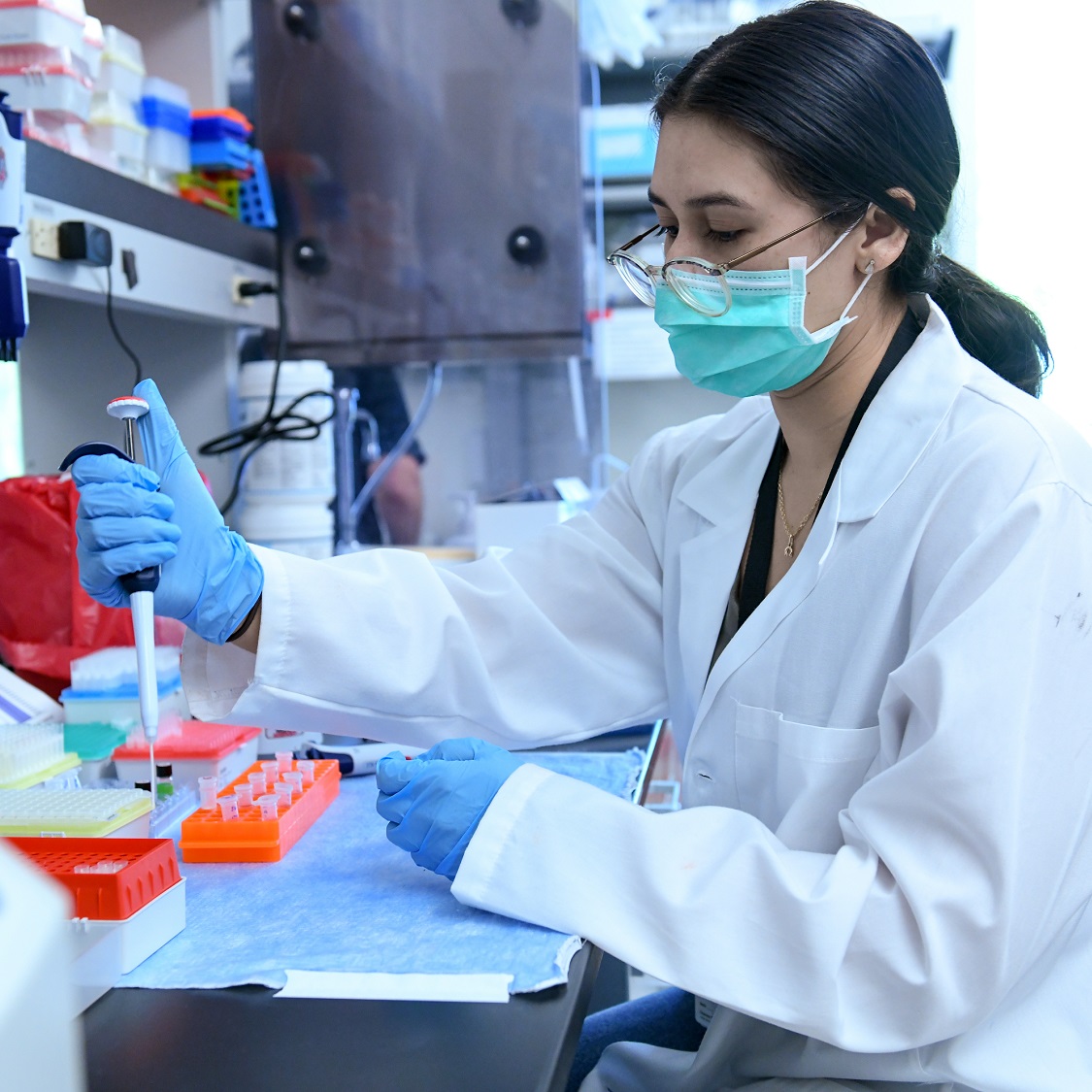Monkeypox: 5 Things You Should Know

June 16, 2022
In a world so accustomed to the impact surrounding a new virus, the rising anxiety of monkeypox is leaving many wondering, what is it and should I be worried?
The monkeypox virus is a part of a larger family of viruses, including smallpox and cowpox. Infection with monkeypox is identified by a characteristic rash that often begins on the face and spreads through the rest of the body.
Beginning in May 2022 cases were identified in England and Europe. Since then thousands of cases have been reported in nearly 80 countries including several confirmed and probable cases of monkeypox in New Jersey.
“Although risk to the general public is currently low, it is important to be aware of the signs of the virus, as diagnosis is crucial to prevent further spreading and serious outcomes,” says Jerry Zuckerman, M.D., vice president of infection prevention and control at Hackensack Meridian Health.
What are the symptoms?
Beginning signs of the illness include:
- Fever
- Headache
- Muscle aches
- Backache
- Swollen lymph nodes
- Chills
- Exhaustion
Typically within one to three days after a fever first appears, the infected patient develops a rash that can look like “pimples” or blisters. This rash can begin on the face, inside the mouth or other parts of the body like the hands, feet, chest or genitals. The progression of these infected lesions usually occurs in stages before scabbing and falling off.
Monkeypox can last for approximately two to four weeks.
How it spreads
In the current U.S. outbreak, monkeypox has been found to spread when a person comes into close physical contact with an infected person. In other countries, it has also been found to spread from other potential sources such as contaminated clothing, bedding or surfaces. The primary source of transmission is direct contact with infectious sores, scabs or body fluids.
Several forms of human contact have been traced to the recent spread of the virus:
- Intimate sexual contact such as oral, anal and vaginal sex
- Physical contact such as hugging, massaging, kissing or talking closely
- Face-to-face contact such as respiratory droplets or oral fluids
Spreading can occur from the time symptoms begin until all sores have healed and a new layer of skin has formed.
How to get tested
If monkeypox is suspected, seek medical care immediately. A health care professional will evaluate and assess you for other more common diseases such as chickenpox. Testing for monkeypox may be performed by the Department of Health or a commercial lab.
What medications and vaccines exist for monkeypox
There is no specific treatment approved for monkeypox virus infections at this time. The infection usually resolves over weeks and treatment is provided to alleviate any symptoms. For select cases, certain antiviral medications may be prescribed.
Vaccination may be offered to close contacts of monkeypox cases. These vaccines may help prevent monkeypox from developing in the exposed individual.
How to stay safe and aware
High-risk transmission situations to be aware of include but are not limited to:
- Contact with someone who had a rash that looks like monkeypox or was diagnosed with confirmed/probable monkeypox
- Skin-to-skin contact with someone in a social setting who is experiencing monkeypox symptoms
- International travel to a country with confirmed cases of monkeypox
If a rash forms that resembles monkeypox, you should immediately reach out to seek medical assistance, even if you were not knowingly exposed to someone with monkeypox.
Next Steps & Resources:
- Our source: Jerry Zuckerman, M.D. and Roman Tuma, M.D.
- To make an appointment with a health care provider near you, call 800-822-8905 or visit our website.
- To get evaluated for Monkeypox visit an urgent care near you.
- CDC - 2022 U.S. Monkeypox Cases
- World Health Organization - Monkeypox
The material provided through HealthU is intended to be used as general information only and should not replace the advice of your physician. Always consult your physician for individual care.






